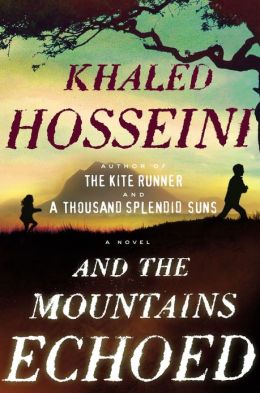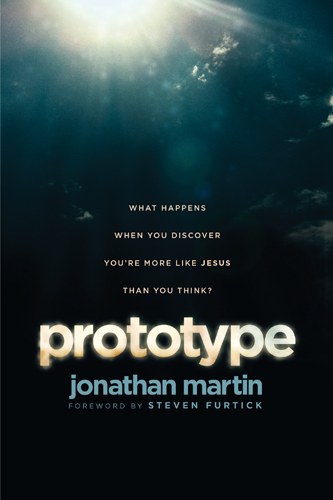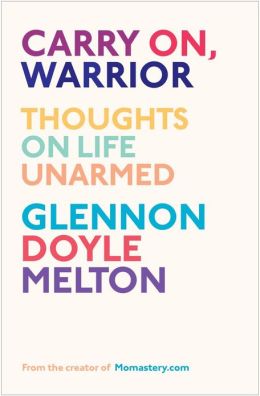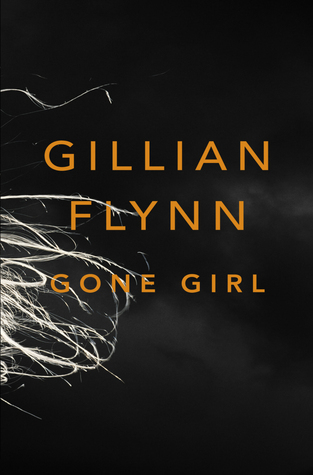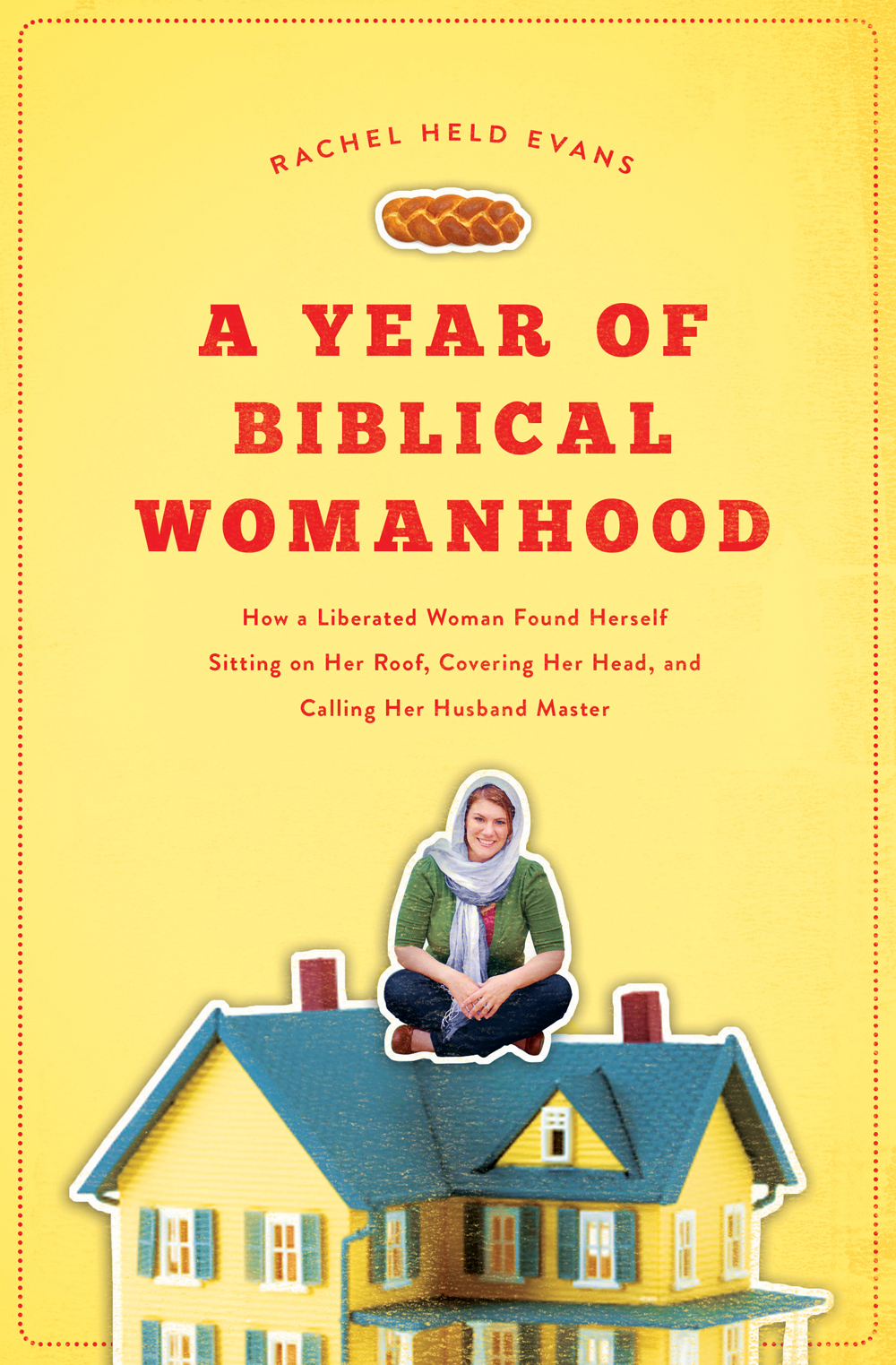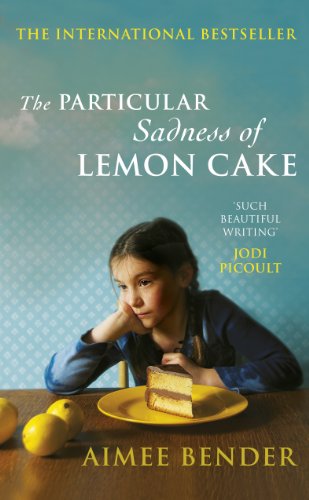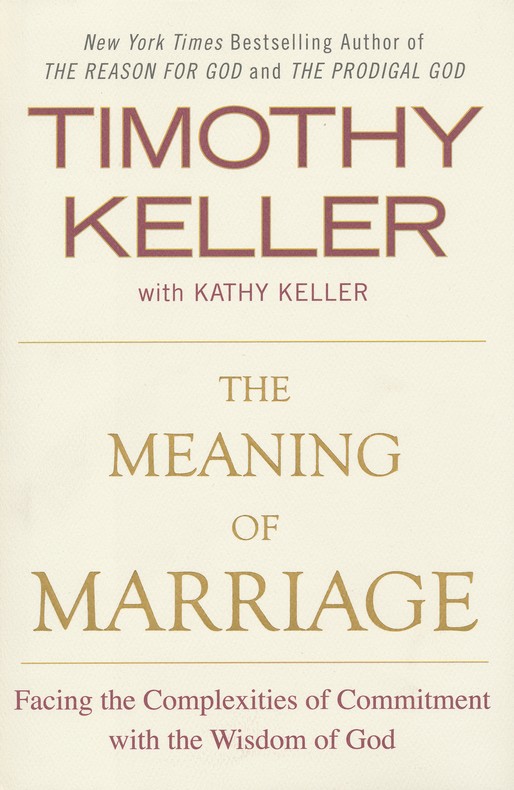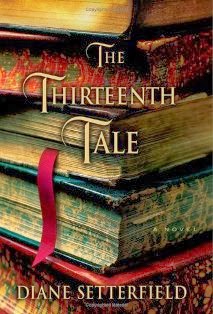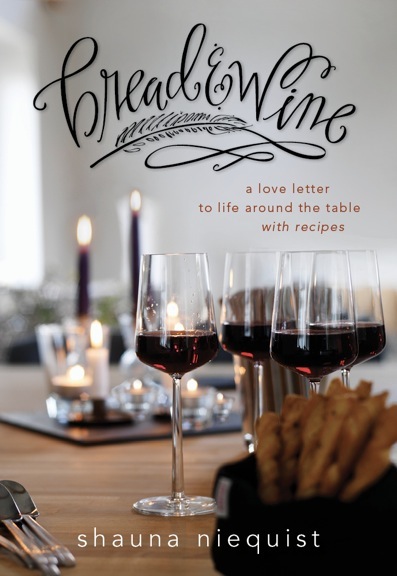 Thanks to everyone who joined our book of the month club for October! Our selection was Bread and Wine by Shauna Niequist, which I introduced here.
Thanks to everyone who joined our book of the month club for October! Our selection was Bread and Wine by Shauna Niequist, which I introduced here.
Here’s how it works: I’ll throw out a few discussion topics, and you can respond about these topics or anything else you’d like to talk about in the comment section below.
Discussion #1: A Call to Hospitality
I love the way Shauna reclaims eating together and sharing meals with others as not just something we do to sustain our bodies, but something that feeds the soul as well. “Food is one of the ways we love each other,” she says, “and the table is one of the most sacred places we gather.”
Having grown up with a grandma who can do a hundred magical things with a pie crust and her bare hands, and a mom who made every person who crossed the threshold of her home feel welcomed and loved, I have always understood at some intuitive level that the intersection of food and home is where relationships are cultivated and love takes root. But I appreciate the way Shauna puts those feelings into words and affirms the sacredness of hospitality in a world that is increasingly busy and fragmented.
“While it’s not strictly about food, it doesn’t happen without it. Food is the starting point, the common ground, the thing to hold and handle, the currency we offer to one another.”
What are your experiences with hospitality and making food for other people? Was that a priority in your family when you were growing up? How have you done things the same or differently in your own home?
Discussion #2: A Place for Vulnerability
One of the highlights of the book for me was the way Shauna emphasized that making food and inviting people into your home isn’t a performance; it’s an opportunity to create space for authenticity. When we break bread together, we can slow down, be real, let down our guard.
I loved her tradition of sharing toasts on someone’s birthday—saying something that person has brought to your life in the last year or a prayer for the year ahead: “The heart of hospitality is creating space for these moments, protecting that fragile bubble of vulnerability and truth and love. It’s all too rare that we tell the people we love exactly why we love them—what they bring to our lives, why our lives are richer because they’re in it.”
I also appreciated the way she made peace with things not going according to her own plans and being open to what God had ordained for the gathering:
“It was just as it should have been, and nothing close to what I could have planned. And that’s what makes a good party—when the evening and the people and the conversation and the feeling in the room are allowed to be whatever they need to be for that night.”
Have you ever hosted a party that didn’t go at all the way you planned or expected? Were there any unexpected blessings in that experience?
Discussion #3: Embracing a Healthy Relationship with Food
Shauna’s perspective on having a healthy relationship with food was very refreshing, and I especially appreciated her take on how there are some seasons to fast and other seasons to feast.
“I’m learning that feasting can only exist healthfully—physically, spiritually, and emotionally—in a life that also includes fasting. . . . The very things you think you need most desperately are the things that can transform you the most profoundly when you do finally decide to release them.”
Do you agree that we all need seasons of both feasting and fasting in our lives? What does that balance look like for you?
Discussion #4: Recipes
If I had one complaint about the book, it’s that I sometimes felt like a kitchen slouch when I read it. I know that wasn’t the author’s intent, and I realize the principles apply whether you’re whipping up homemade risotto or making Kraft macaroni and cheese, but sometimes I felt like I couldn’t relate to her stories about dinner parties with lobster and steak au poivre with cognac sauce.
That said, I did attempt a few of the recipes, and I appreciated the author’s conversational tone as she talked readers through the recipes. I felt like I had a sister in the kitchen, coaching me through the steps. I made the lentil soup, which wasn’t too hard, even for the likes of me. When my husband tried his first spoonful, he said tactfully, “It tastes like it’s good for me.” But to his credit, he ate it all. I also attempted the blueberry crisp (I made mine it peaches), the scrambled eggs with goat cheese (pretty good, but I prefer my eggs more solid than the recipe calls for), and the toffee (which I’m pretty sure I botched somehow because it just may crack your teeth). There are several others I’d still like to try.
Did you try any of the recipes? How did they turn out? Which one should I attempt next?
Rating ★ ★ ★ ★ ★
I would give the book 5 stars. I loved the bits about relationships, hospitality, faith, and the sacredness of the table. (Although I think I needed the “for dummies” version for the recipes.)
How many stars would you give the book?
{Remember: I’ll send a free book to one randomly selected commenter!}

